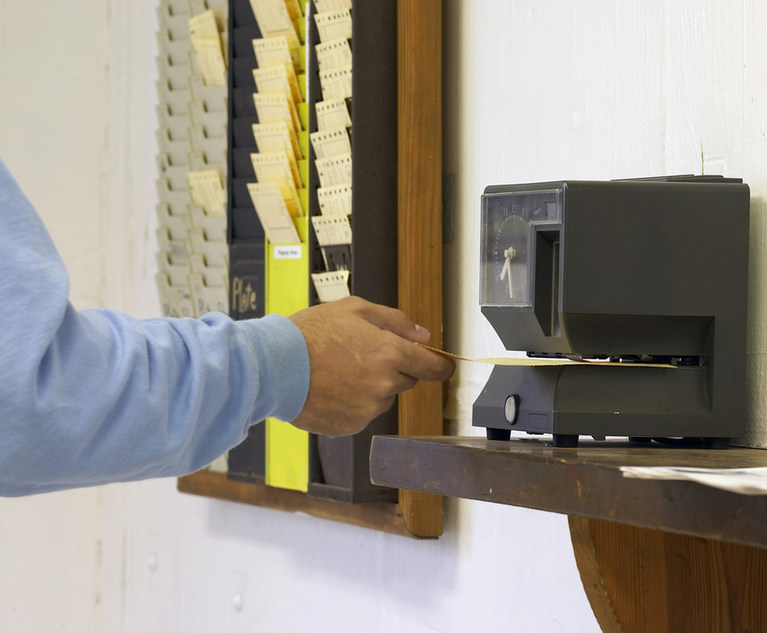Traditionally, an enforceable will has to be signed in ink in front of witnesses. Nevertheless, e‑wills, as proposed in the Uniform Electronic Wills Act (UETA), offers a path to allow wills that have been electronically signed and stored in the cloud to be enforceable. Some states have started down that path.
Ideally, an internet will might allow a person to create and execute a will quickly, at home, and without the cost of an attorney. More specifically, internet users would use a sign-on to internet-based software that allows the user to create a last will and testament, forward it to an internet notary, and the internet notary would do the rest.
This content has been archived. It is available through our partners, LexisNexis® and Bloomberg Law.
To view this content, please continue to their sites.
Not a Lexis Subscriber?
Subscribe Now
Not a Bloomberg Law Subscriber?
Subscribe Now
LexisNexis® and Bloomberg Law are third party online distributors of the broad collection of current and archived versions of ALM's legal news publications. LexisNexis® and Bloomberg Law customers are able to access and use ALM's content, including content from the National Law Journal, The American Lawyer, Legaltech News, The New York Law Journal, and Corporate Counsel, as well as other sources of legal information.
For questions call 1-877-256-2472 or contact us at [email protected]


 Credit: William Potter/Shutterstock.com
Credit: William Potter/Shutterstock.com




